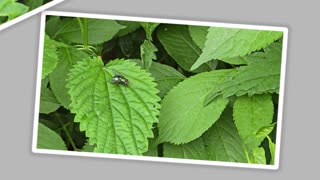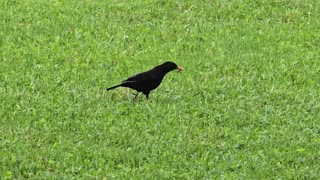Fruit bats in Roatan swam a feeding bowl to get sugar water
Fruit bats in Roatan, like many other places, are known to be attracted to sweet substances. If you place a bowl of sugar water outside at night, you may indeed observe these bats coming to drink. This behavior is quite common among fruit bats, which have a diet that primarily consists of fruits, nectar, and sometimes flowers. The sugar water simulates the sweet nectar they would find in flowers, making it an attractive source of nutrition for them.
This bowl was placed on a post to make it more accessible to the bats and help avoid other animals from reaching it. The bats appeared each night at dusk. This is when fruit bats are the most active. Dim lighting or no lighting around the bowl will make the bats feel safer and more likely to approach.
Fruit bats, also known as megabats or flying foxes, are part of the Pteropodidae family. They are found in tropical and subtropical regions around the world and are notable for their large eyes and keen sense of smell, which they use to locate food. Unlike microbats, which use echolocation, fruit bats rely on their vision and olfactory senses to navigate and find sustenance.
Fruit bats vary in size from the small long-tongued fruit bats, with wingspans of about 10 inches, to the larger flying foxes, whose wingspans can reach up to 5.6 feet. Their diet mainly consists of fruit, nectar, and flowers. They play a crucial role in pollination and seed dispersal, contributing significantly to the health of their ecosystems.
They are typically found in tropical and subtropical forests, as well as mangroves, swamps, and savannas. Roosting sites include trees, caves, and man-made structures.
Fruit bats face threats from habitat loss, hunting, and disease. Deforestation and urbanization are major contributors to their declining populations. Various conservation programs are in place to protect fruit bat habitats and raise awareness about their ecological importance. Some species are also protected under international law.
Understanding and preserving fruit bats is crucial not only for their survival but also for the health of the ecosystems they support.
-
 1:20
1:20
ILoveTheNature
1 month agoGreat tits on a tree in the river / some birds on a fallen tree in the water.
88 -
 1:09
1:09
ILoveTheNature
1 month agoSwans and ducks by the river / beautiful water birds in nature / animals by the river.
17 -
 1:06
1:06
ILoveTheNature
1 month agoBlue dragonflies by the river Compilation / Beautiful insects by the water.
16 -
 1:04
1:04
ILoveTheNature
1 month agoBaby swans with their parents in a small river / young swans in the water.
8 -
 0:18
0:18
ILoveTheNature
1 month agoSwans in flight / Two beautiful white swans fly over a river.
24 -
 5:21
5:21
bestpricenutrition
1 month agoAre Cicadas the Ultimate Bodybuilders Snack? How Much Protein in Cicadas?
12 -
 1:06
1:06
ILoveTheNature
1 month agoInsects flying away in slow motion / beautiful flying insects in slow motion.
22 -
 0:17
0:17
ILoveTheNature
1 month agoYoung swans with their parents / beautiful baby swans by a river.
23 -
 0:14
0:14
AnamikaBask
1 month agoFull Bloomed Kale flowers in vegetable garden 2024
201 -
 1:02
1:02
ILoveTheNature
1 month agoBlackbird with food in its mouth / beautiful bird in a meadow.
16